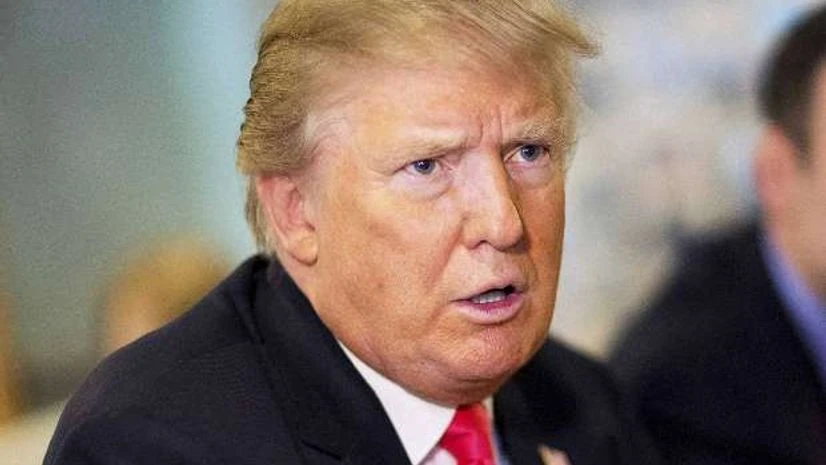Republican presidential candidate Donald Trump rolled to victory on Saturday in South Carolina in a contest that saw former Florida Governor Jeb Bush drop out, while Democratic hopeful Hillary Clinton beat back a strong challenge from Bernie Sanders in Nevada.
The victories by Trump, who is running as an anti-establishment outsider, and Clinton, a preeminent political insider, solidified their positions as the front-runners to win their parties' respective nominations ahead of the November 8 presidential election.
By winning both South Carolina and New Hampshire and holding leads in 13 states that hold Republican contests on March 1, Trump was arguably on track to win the nomination, an outcome that seemed astounding to contemplate when he entered the race last summer. With 99 per cent of South Carolina precincts reporting, Trump had 32.5 per cent, followed by Rubio with 22.5 per cent and Cruz with 22.3 per cent.
More From This Section
Her result denied Sanders the breakthrough win he had sought in a state with a heavy minority population, but his ability to close a one-time double-digit polling lead for Clinton suggests the Democratic nominating race will be long and hard fought.
With 90 per cent of precincts reporting, the former first lady was leading with 52.6 per cent of the vote to Sanders' 47.4 per cent.
Clinton's victory gave her fresh momentum as she heads into the next contest in South Carolina on February 27, where polls show her with a double-digit lead largely as a result of heavy support from black voters.
"Some may have doubted us, but we never doubted each other," she told cheering supporters at a victory rally in Las Vegas. "This is your campaign."
Sanders vowed to fight on and set his sights on the 11 states that vote on "Super Tuesday," March 1.
He predicted that when Democrats gather for their nominating convention in Philadelphia in July, "We are going to see the results of one of the great political upsets in the history of the United States."
"The wind is at our backs," the Vermont senator said. "We have the momentum."
After routing Clinton in New Hampshire and finishing a strong second in Iowa, states with nearly all-white populations, Sanders had hoped to prove in Nevada that he could win over black and Hispanic voters and compete nationally as the race moves to states with more diverse populations.
But entrance polling in Nevada showed he badly lost among black voters, by 76 percent to 22 percent, a bad omen for South Carolina and other southern states with big black populations. He did win among Hispanics by 53 percent to 45 percent.
Clinton's campaign has argued she would assert control of the Democratic race once it moved to more diverse states with black and Hispanic populations who have traditionally backed Clinton and have been slow to warm to Sanders.

)
